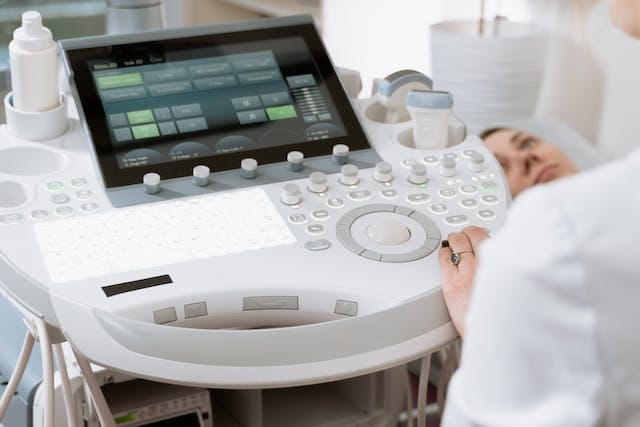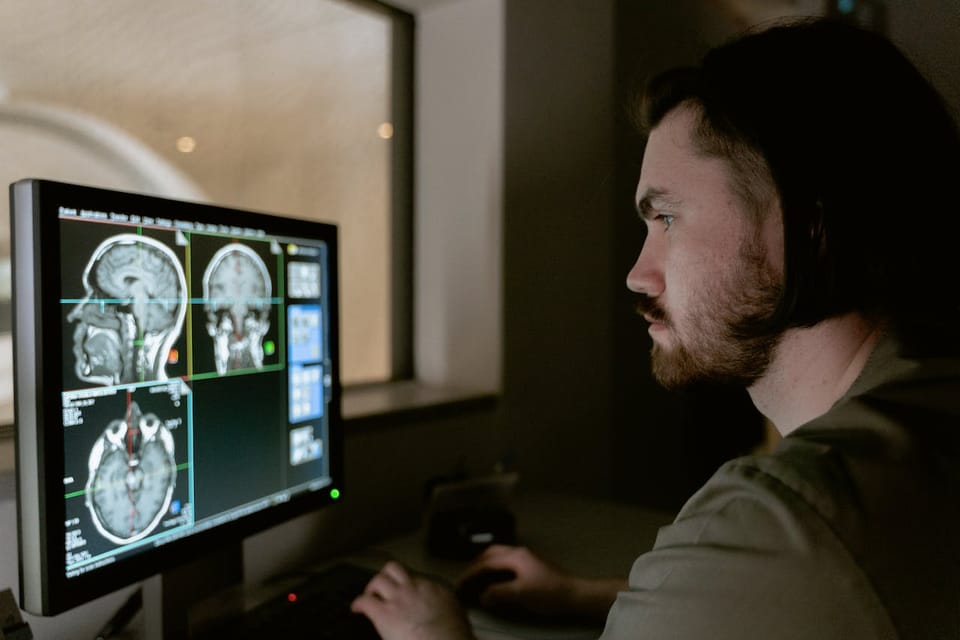Coding for Wellness: Empowering College Students to Revolutionize Medical Technology
Table of Content
These days, technology affects all parts of our lives, and being able to code has become a skill. But what happens when this talent is used to make us healthier and change the way medicine is done? This is exactly where the journey to give college students code skills meets the journey to use medical technology to change lives.
The start of a new era in medical tech
The Dawn of a New Era in Medical Technology
Imagine a world where medical solutions are not only good, but also easy to get and tailored to each person's needs. This dream is slowly coming true thanks to the creative minds of college students who know how to code and are leading the way in the medical technology change. The options are endless: from making apps that check on mental health to making software for personalized treatment.
You might ask, "Why focus on college students?" Well, college students are in a special place in their lives right now. They are interested, passionate, and ready to question the way things are. When these traits are put together with the power of coding, we see the birth of innovative solutions that could change the way healthcare is done today.
Bridging the Gap: Coding Skills and Healthcare Innovations
The first step is to connect people who know how to code with people who need healthcare. It's not just about giving kids technical skills; it's also about helping them understand the problems that need to be fixed in healthcare. This needs a multidisciplinary method that brings together information from computer science, biomedical engineering, and health care.
The Role of Universities
Universities are very important to this process. By teaching courses that combine coding with healthcare studies, they give students a chance to learn more about how these two fields connect. Additionally, hackathons and innovation labs encourage students to work together on real-world issues, transforming their creative concepts into useful solutions.
The Impact of Student-led Initiatives
Change is also being driven by student-led projects. Students are making a lively community focused on using technology to make healthcare more efficient, effective, and open to everyone by starting clubs, holding classes, and competing. In the midst of this bustling innovation and collaboration, students confront additional challenges that go beyond the lab and classroom.
The academic load, featuring complex assignments, exhaustive research papers, and the constant demand for writing essays, places a significant strain on their capacity to innovate freely. Amidst these educational hurdles, finding reliable statistics homework help can be a lifeline for students juggling multiple responsibilities. This need for academic support underscores the importance of resources that can alleviate the stress of educational demands, allowing students to channel more energy into their passion for revolutionizing healthcare through technology.
Real-World Applications: From Ideas to Impact
The real magic happens when these ideas are transformed into impactful solutions. Let's delve into some real-world applications where coding and wellness converge, showcasing the potential of empowered college students.
Mental Health Apps
One of the most significant contributions is in the realm of mental health. Students have developed apps that offer virtual therapy sessions, mindfulness exercises, and stress management tools, making mental health support more accessible to those who need it.
Wearable Health Devices
Health gadgets that you wear are another area of innovation. Thanks to smart college students who know how to code, these devices that are meant to track vital signs and find strange things are getting smarter. They not only give users info in real time, but they also give them the tools they need to take charge of their health.
Personalized Medicine Software
In the field of personalized medicine, coding is enabling the creation of software that analyzes genetic information to tailor medical treatments to individual patients. This approach enhances the efficacy of treatments and minimizes side effects, heralding a new era of personalized healthcare.

Overcoming Challenges: The Road Ahead
Even though things are looking good, the trip is not without its problems. Concerns about data privacy, ethics, and the digital gap are big problems that need to be solved. But these problems also give college students a chance to be creative and come up with ideas that solve these problems. This way, everyone can enjoy the benefits of medical technology.
Empowering the Next Generation of Innovators
Giving the next group of innovators more power is key to keeping this momentum going. This means giving people more chances to learn, try new things, and work together. It means making an environment that helps people turn their ideas into answers that can change the way healthcare is provided.
Conclusion
Coding for wellness represents a powerful avenue through which college students can contribute to the evolution of medical technology. By harnessing their coding skills, creativity, and passion for making a difference, they are not just preparing for a future in technology—they are shaping the future of healthcare. The journey from coding to wellness is not just about creating new technologies; it's about creating a healthier, more inclusive world. And in this mission, the role of empowered college students cannot be overstated. They are not merely participants in this revolution; they are its driving force.
Author’s Bio
Scott Witter is a seasoned content writer and researcher with a passion for transforming complex ideas into engaging, accessible prose. Specializing in topics related to technology, education, and digital culture, his work aims to illuminate the intricacies of our digital world for a wide audience. With a keen eye for detail and a commitment to thorough research, Witter excels at crafting essays and articles that not only inform but also inspire curiosity and dialogue.











